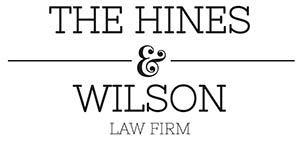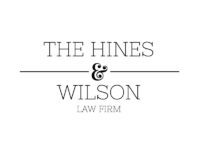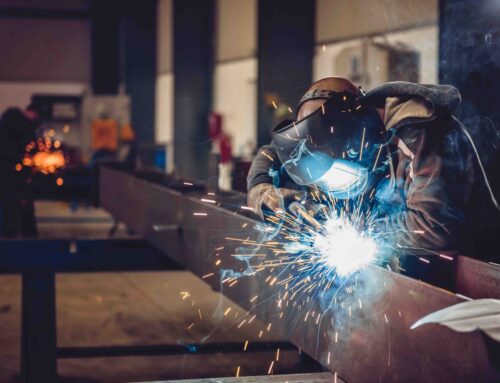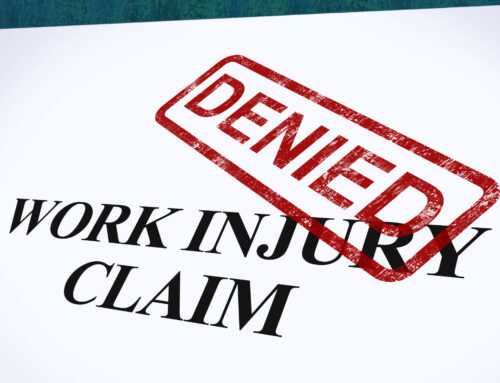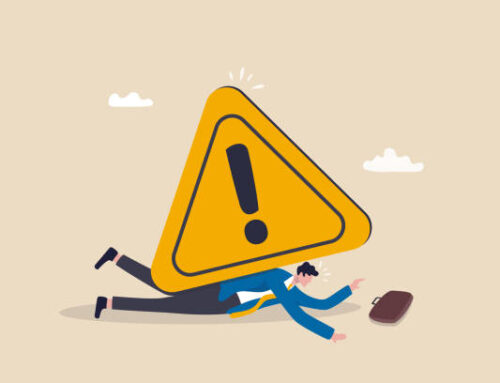Missouri’s work comp law partially compensates employees financially in the event of a workplace accident, but the Occupational Safety and Health Administration (OSHA) protects them physically by setting specific standards for work environments. These standards need to be met in order to prevent as many workplace injuries as possible.
So, what are the safety requirements? What if your job site doesn’t meet OSHA criterion? What are your rights as an employee?
Let’s dive right in.
Sounds Right, Right?
First things first – every employee deserves to know what they have a right to when it comes to the quality and safety of their work environment. OSHA states the following.
- New employees have the right to receive training regarding health and safety practices for theworkplace, and in a language they understand.
- All employees have the right to be provided with safety gear and equipment needed for the job such as:
- Gloves
- Helmets
- Goggles
- Masks
- Harnesses
- Life lines
- Employees have the right to safely functioning machinery and equipment, as well as protection from toxic chemicals and fumes.
- Employees have the right to request an OSHA inspection, speak with the inspector, and to see the results of the inspection.
- Employees also have the right to report anyworkplace injuries or illnesses, request a copy of the report, and to view any history records of workplace accidents.
Most importantly, all employees have the right to speak up about safety issues without being demoted, fired, relocated, or any other form of retaliation from the employer. If your employer does attempt to retaliate, your attorney will help you file retaliation claim, and if necessary, a lawsuit.
The Gold Standard
When going through training for a new job, or a new position with the same employer, these are some of the safety education standards that you should expect to be met for general industry occupations.
- Exit routes and emergency planning in case of a fire, extreme weather, or other emergency.
- This information should also be written down somewhere in the workplace where all employees can access it.
- Safety procedures regarding flammable liquids, chemicals, machinery, loud noise exposure, and hazardous waste disposal.
- How and when to properly use safetyequipment.
- Location offirst aid materials and how to use them.
- Handling and storage ofmaterials.
- Necessary cleanliness procedures.
For employees in the construction field, there are additional training requirements due to a higher risk of an accident. Some of them include:
- Emergency action plan for employees.
- How and when to engage in hazard communication.
- Face, eyes, ears, and respiratoryprotection.
- The meanings and uses of different signs, signals, and barricades on theconstruction site.
- Fire protection and prevention.
- Safetyinformation regarding hand and power tools.
- Electrical safety.
- Scaffolds and fall protection.
- Safe operation ofmotor vehicles such as cranes, dump trucks, fork lifts, etc.
- Safe use of explosives.
Stand Up for Yourself
If your job environment is unsafe, or if you have not been trained up to OSHA’s standards, it’s important to stand up for your personal safety by taking action. There are a few different ways to file your complaint.
- File your complaint online using theOnline OSHA Complaint Form.
- Complete theOSHA Complaint Form and mail, email, or fax it to your local OSHA office.
- Call either your local OSHA office, or the OSHA hotline at 800-821-6742.
- Visit your local OSHA office in person.
The Consequences
OSHA takes workplace safety seriously, as is their mission, and will not hesitate to act in the best interest of employees when their wellbeing is not in the employer’s list of priorities. If a company does not meet OSHA standards, the following course of action will ensue.
- The business will be informed of the violation, and given a set amount of time to correct it.
- The business may receive a citation or a fine depending on the violation.
- If the employer does not correct the violation and it breaches health and safety standards, it is considered a criminal offense, which can result in fines, or even prison sentences.
The most common violations are as follows.
- Hazard communication.
- Fall protection.
- Scaffolding safety.
- Respiratory protection.
- Ladder safety.
- Control of hazardous energy.
If you’ve suffered a workplace injury or occupational illness, whether your job site meets OSHA standards or not, it’s important to file a workers’ compensation claim and talk to a lawyer right away. Delaying making a report can hurt your claim, and consequently your chances of winning compensation. Contact us to schedule your initial consultation where you will receive free legal advice from a work injury attorney near you.
